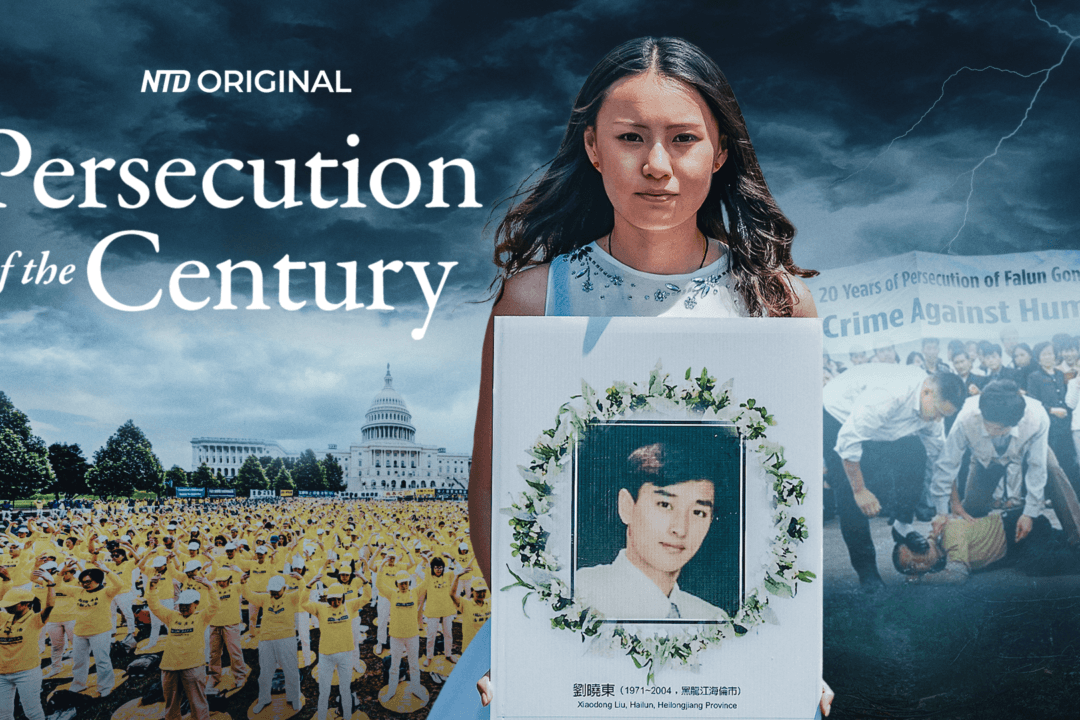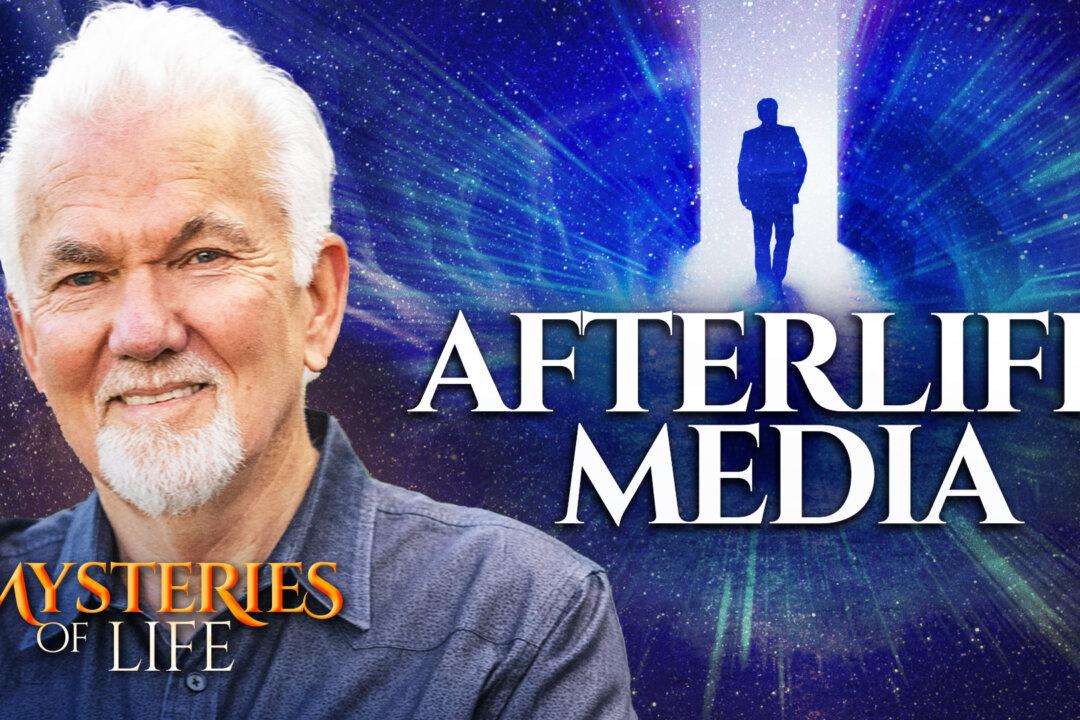The Colorado baker who refused to custom-make a cake for a gay wedding couple has been helped along by support from the Department of Justice.
The DOJ issued an amicus brief in support of Jack C. Phillips ahead of the supreme court case, the Independent Journal Review reported. An amicus brief is simply a friend-of-the-court legal recommendation of additional information to keep in mind, according to Public Health Law Center.





